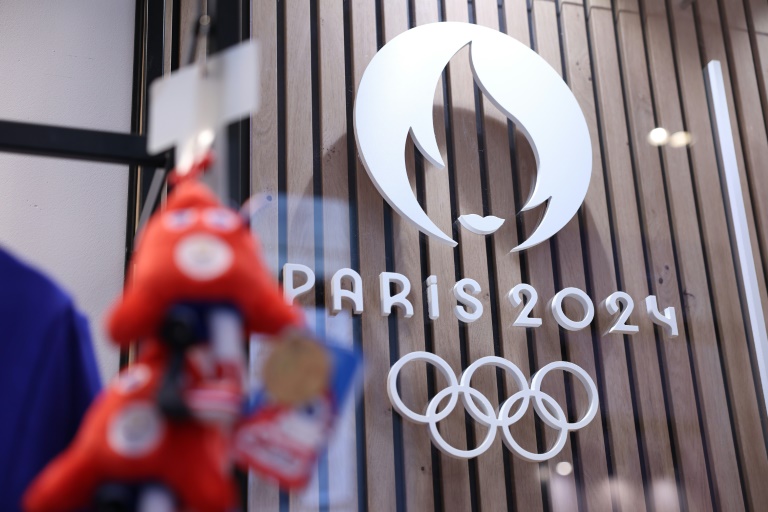Estonia hints at Olympic boycott if Russians allowed

The International Olympic Committee (IOC) said last week it was examining a ‘pathway’ for Russians to take part in Paris
Tallinn – Estonia’s premier on Friday suggested her country might boycott the 2024 Olympics in Paris if Russian and Belarusian athletes are allowed to participate.
“Participation of Russian and Belarusian athletes is just wrong. So boycotting is a next step,” Prime Minister Kaja Kallas told reporters in Tallinn.
The International Olympic Committee (IOC) said last week it was examining a “pathway” for Russians to take part in next year’s Summer Games in Paris, probably as neutral athletes rather than under their national flag.
That announcement sparked an immediate backlash from Kyiv, with a Ukrainian presidential aide accusing the IOC of being a “promoter of war”.
“Russia has killed hundreds of Ukrainian athletes including Olympic champions and world champions,” Kallas said alongside her counterparts from Latvia and Lithuania.
Calling out Moscow for using sport as a “propaganda tool”, Kallas added that there were soldiers among Russia’s athletes.
“When you’re looking at the Tokyo Olympic medallists, then 45 of them were actually members of the Russian army,” Kallas said.
She added, however, that efforts should be focused on convincing other states not to let Russians and Belarusians compete.
Lithuanian Prime Minister Ingrida Simonyte echoed the view, telling reporters that boycotting “might not be as impressive as keeping Russian and Belarusian sportsmen out altogether”, which she called “the preferred option”.
Poland’s Sports Minister Kamil Bortniczuk told the Polish news agency PAP on Friday that boycotting the games would be “the strongest card and a last resort”.
Bortniczuk had earlier said he expected “a very firm stance” from a meeting planned on February 10 with representatives from 40 countries.
“I would give the IOC a chance for self-reflection without putting them against the wall of such strong alternatives just yet,” Bortniczuk told PAP.
